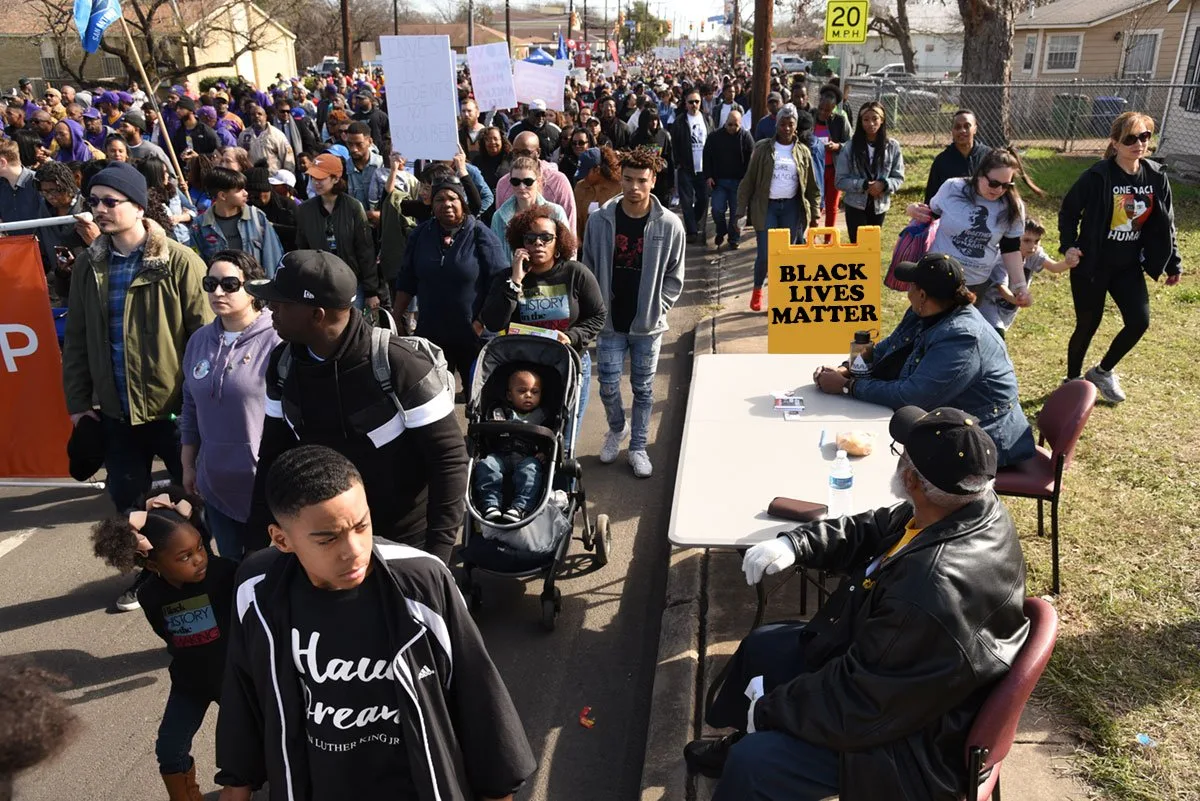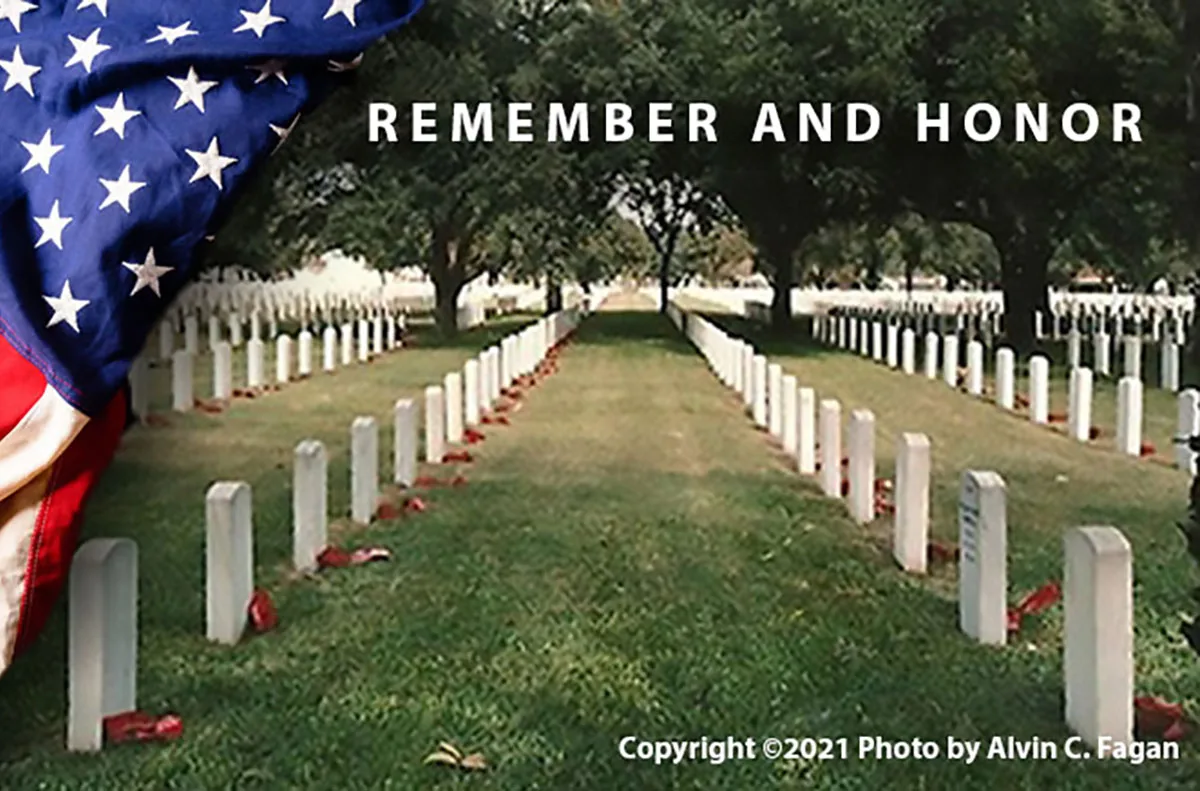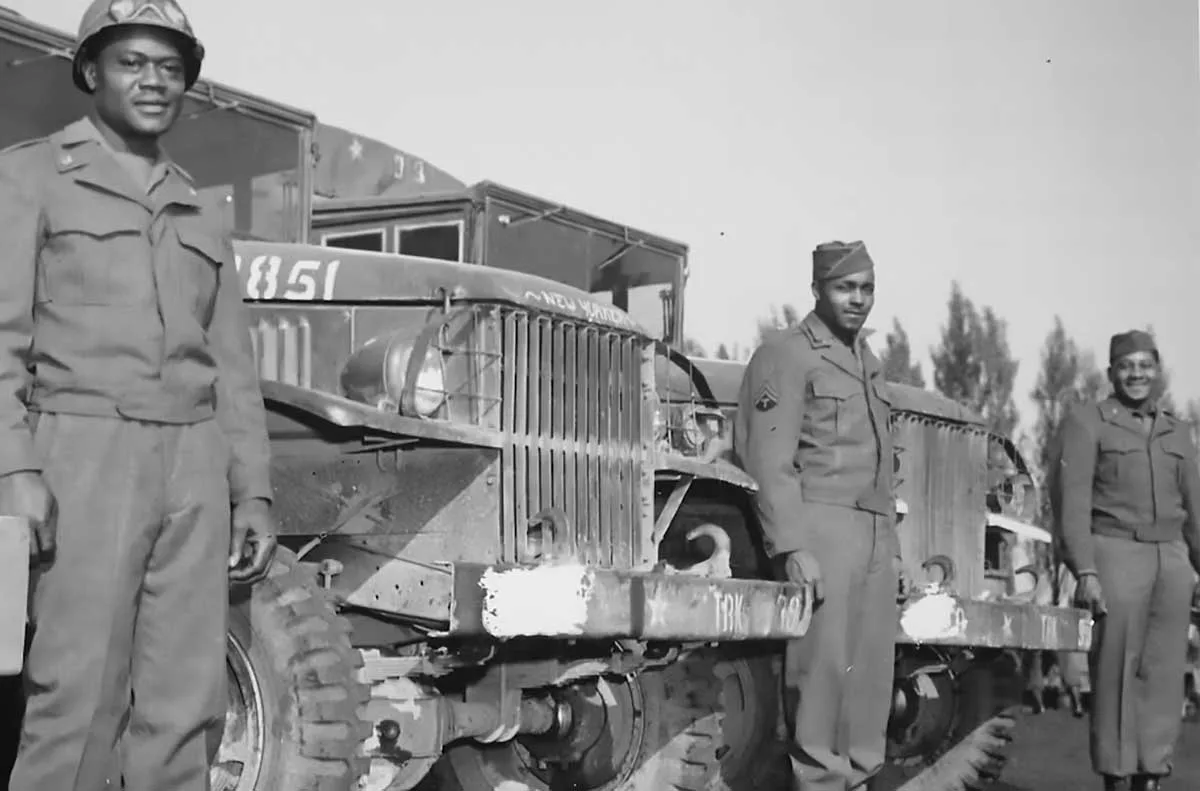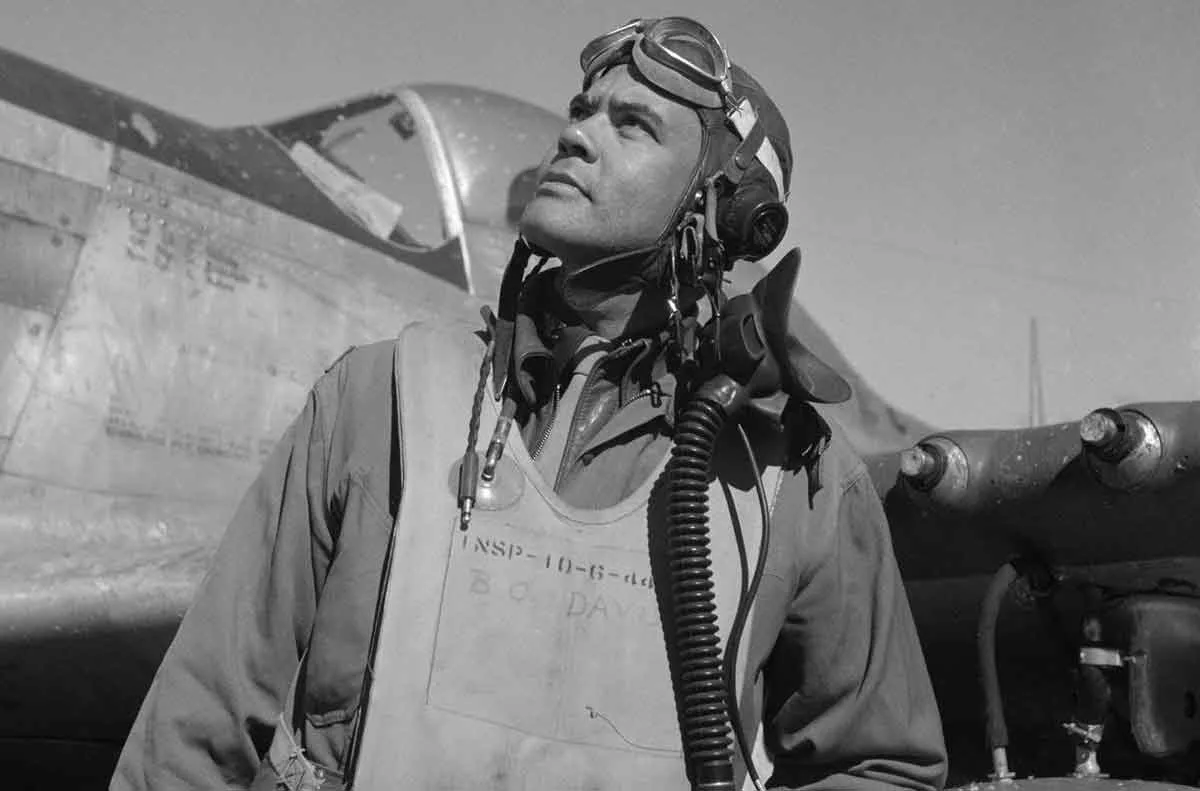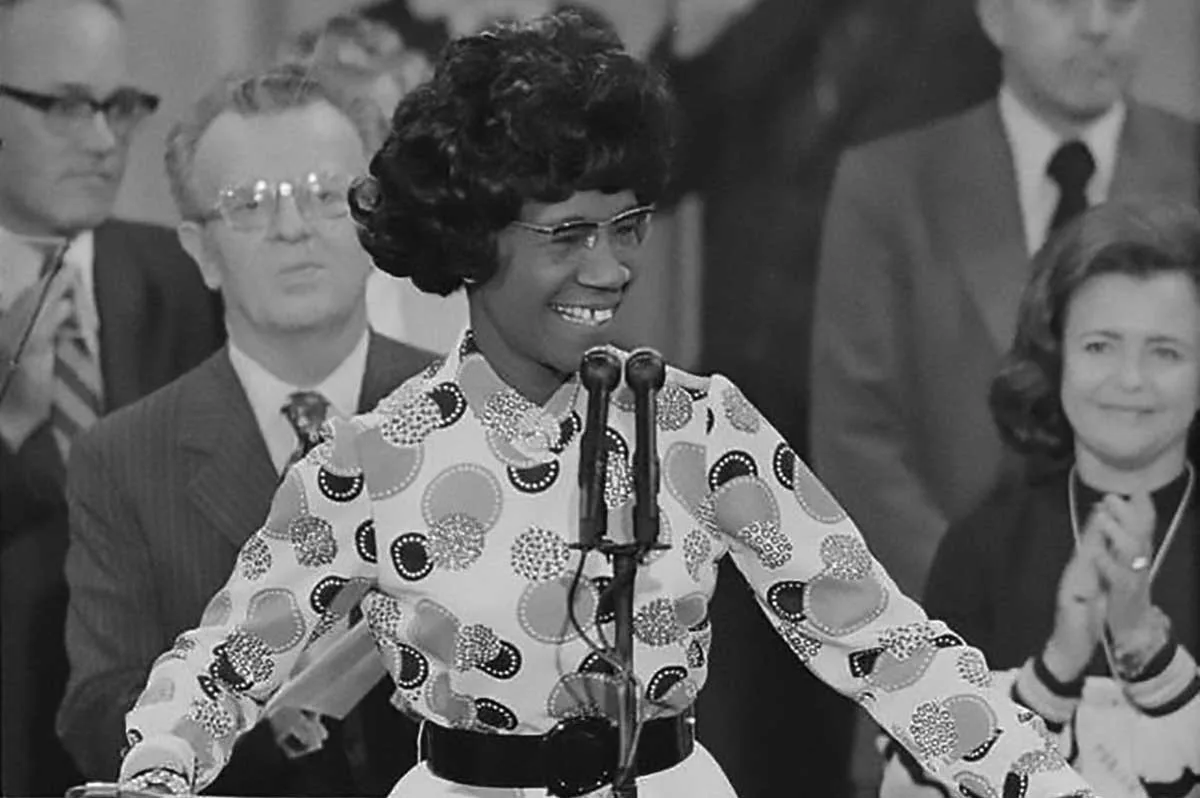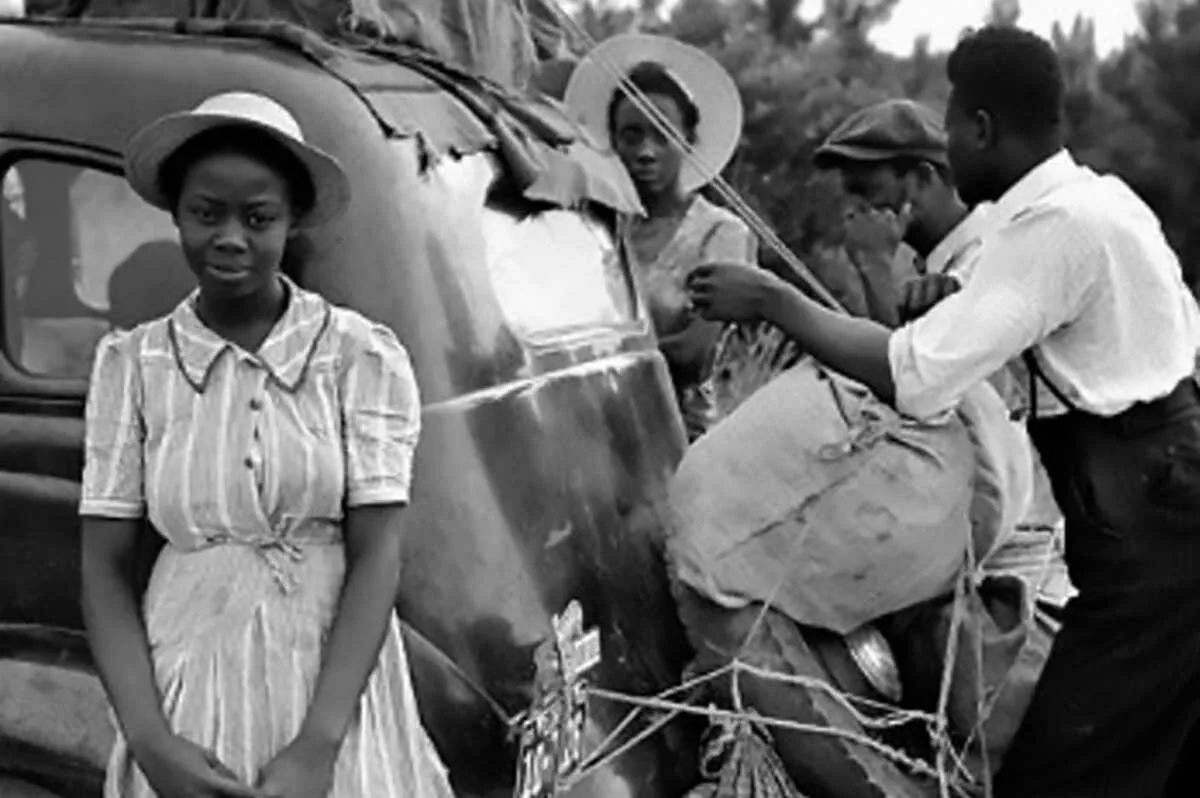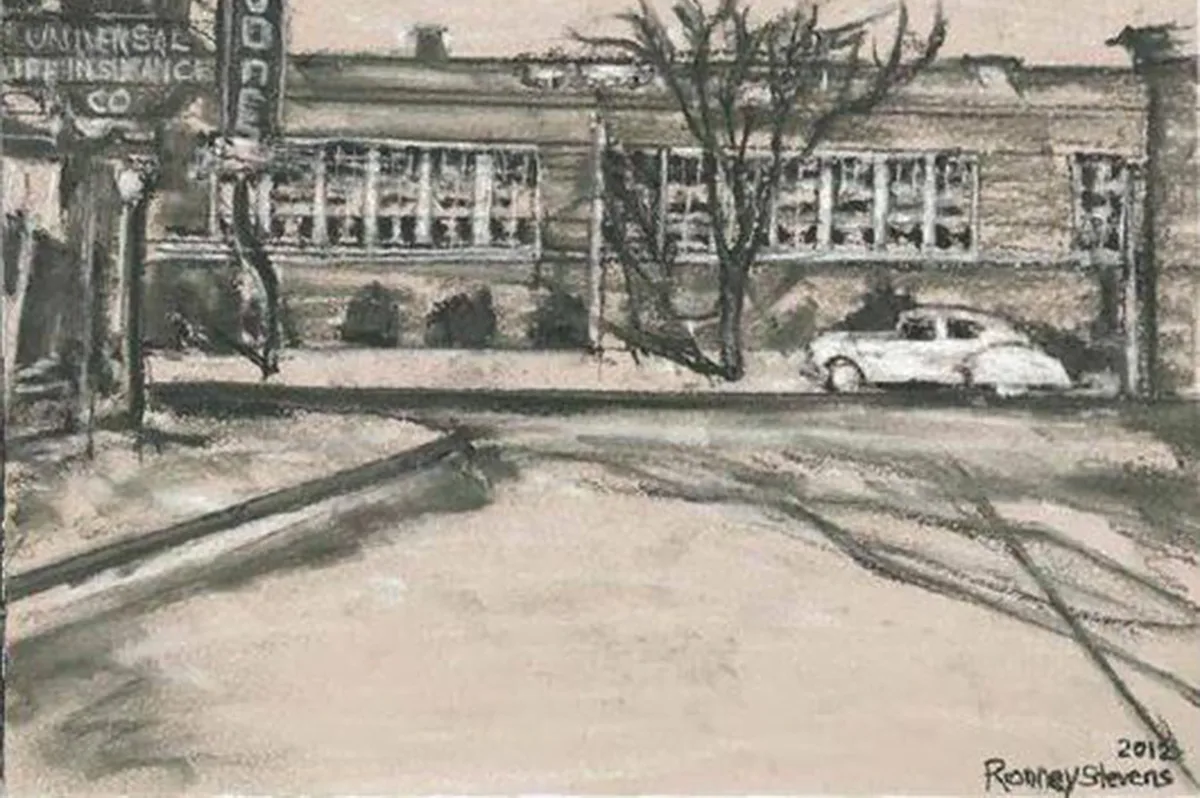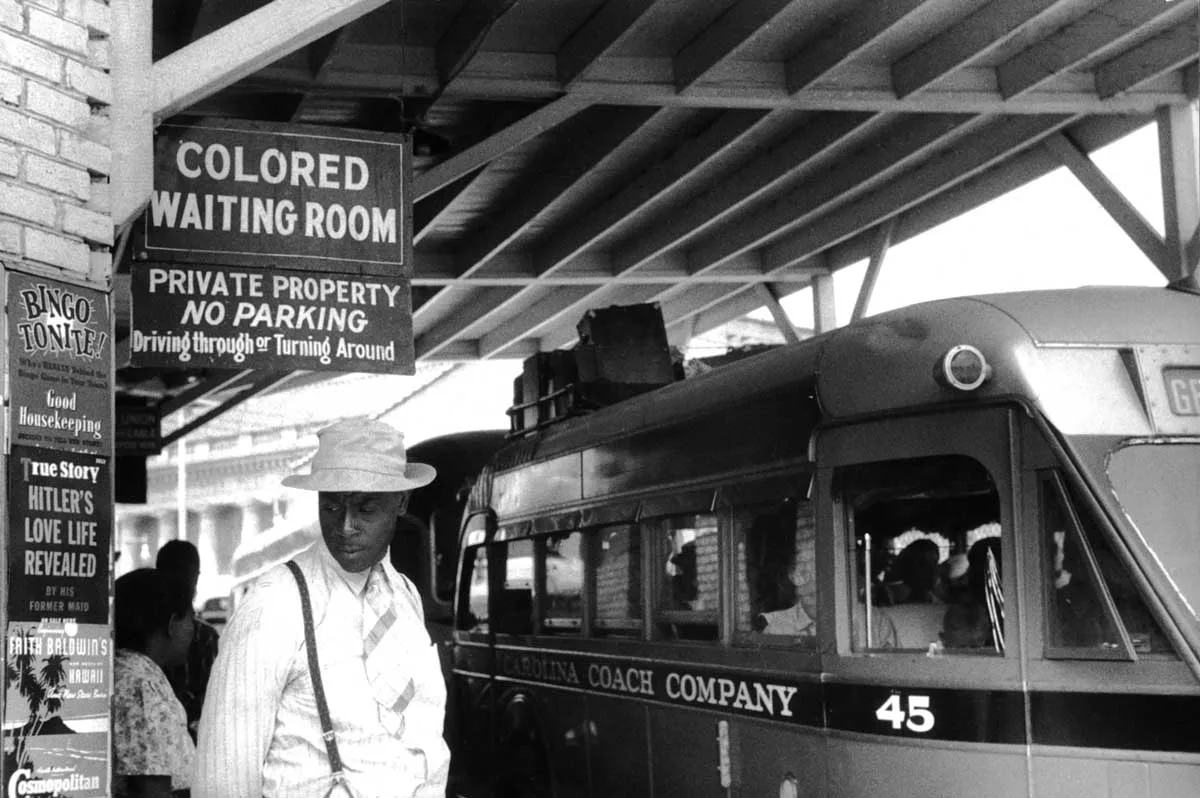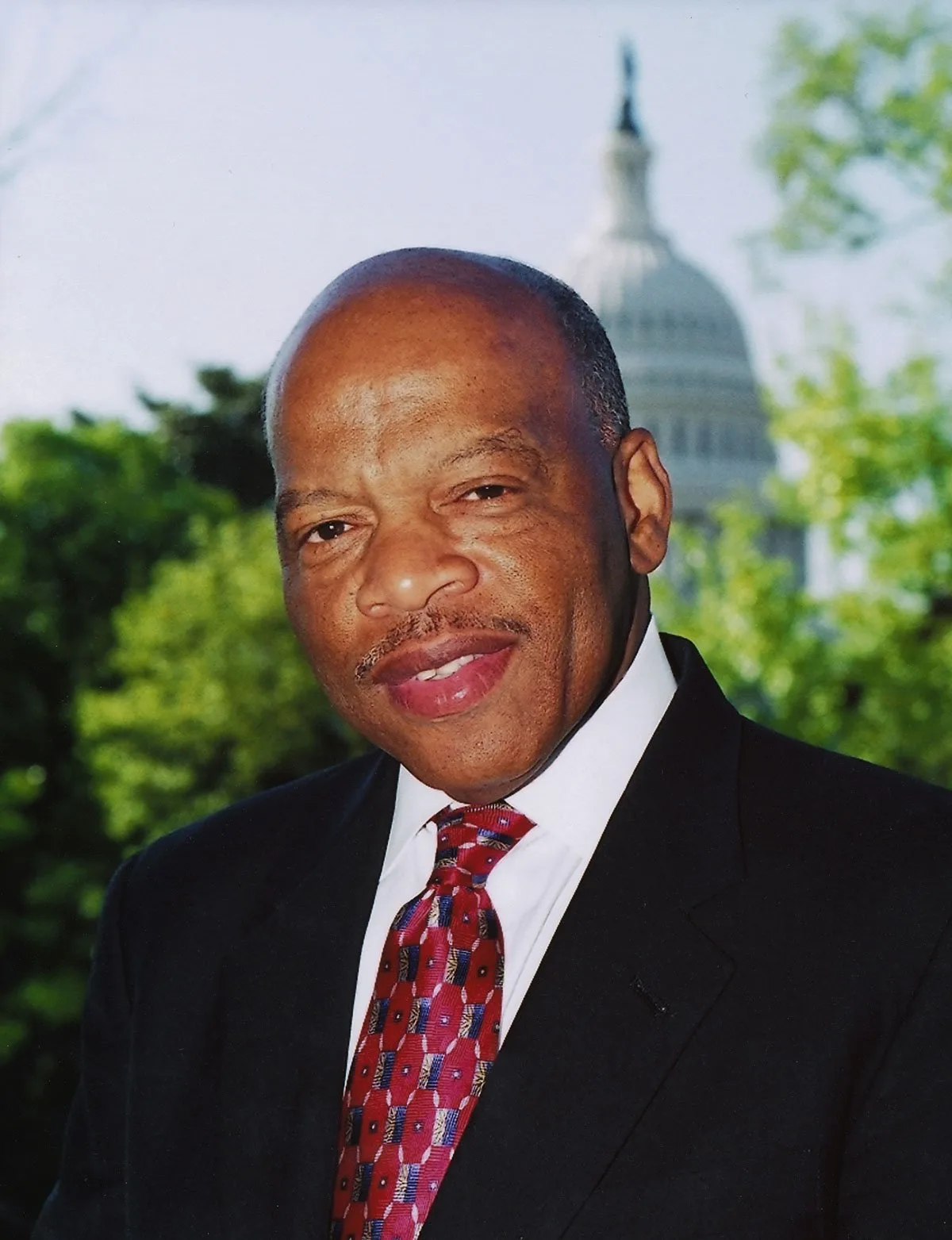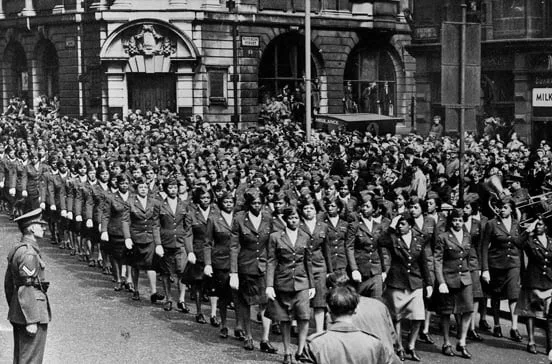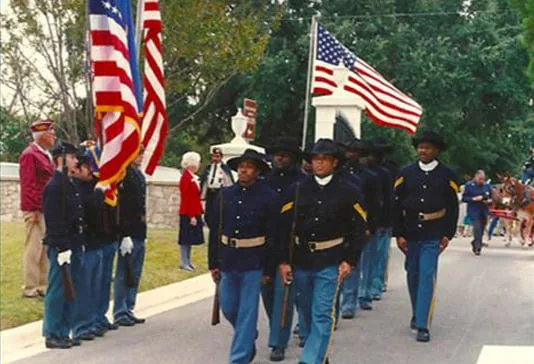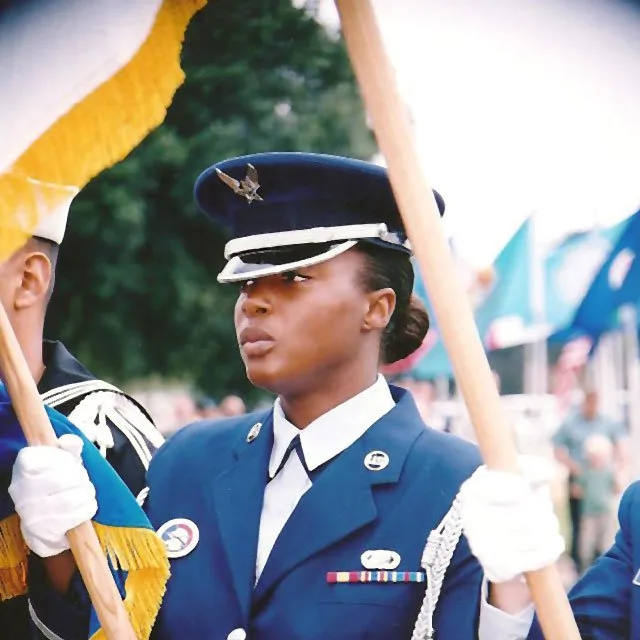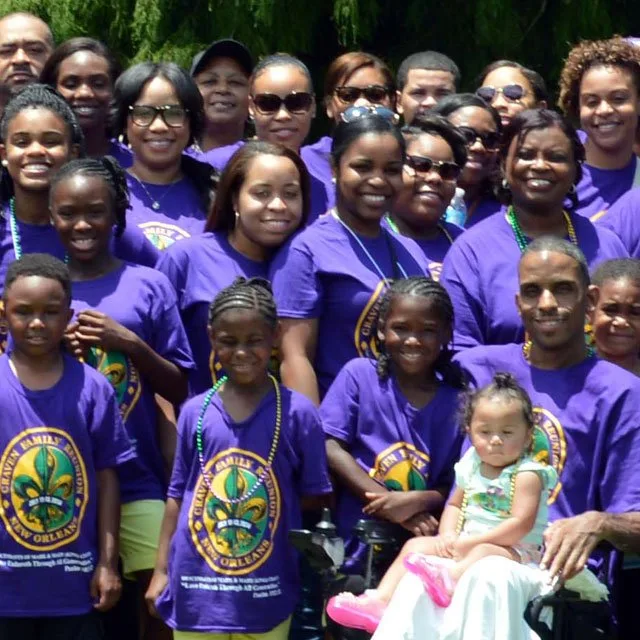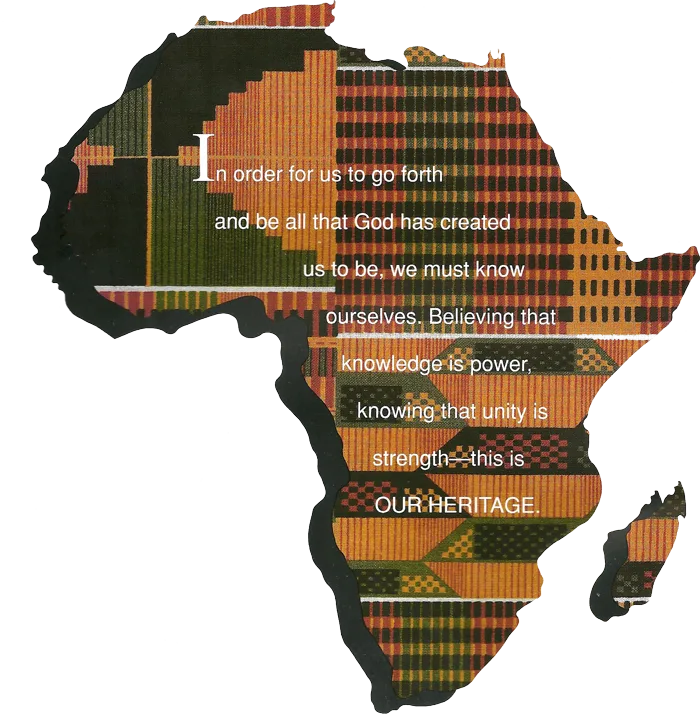Featured Stories
A nation cannot appreciate what it has no knowledge of.
The history of America and its culture has too often been written down with a focus primarily on white males and their contributions and experiences. African Americans have traditionally been either lightly touched on or, in a lot of cases, left out altogether. As we move forward in the 21st century, we must demand a fair and equitable America in all aspects. History is important and has a real role to play in the events currently unfolding. By understanding the realities of slave ownership, for example, we get a clearer picture of the racist systems that grew out of it. By highlighting the contributions of black men and women—from civil rights activists Thurgood Marshall and Sarah L. Keys, to poets and writers like Langston Hughes and Richard Wright, to the all-African American women’s 6888th Central Postal Directory Battalion that served overseas in WWII or NASA astronaut Mae C. Jemison—we appreciate the importance of a society that doesn’t squander the talents of any race.
Black lives matter!
The rich heritage we share as African Americans has the power to uplift us as a people—to fill us with pride in the role we have played in building this great nation. With all ages and races taking to the streets to demand meaningful action from our elected leaders to address the threats of economic disparity, incarceration, and police brutality against the black community, it is the perfect time to remember and honor the lessons of those who came before us in the struggle for equal rights.
This is why we are excited to announce the relaunch of Our Heritage Magazine Online. The website represents an exciting step away from the confines of a printed magazine, into the digital universe where we can engage a wider audience with our inspiring and informative content about black men and women. Our online magazine will spotlight African-American leaders from all walks of life and bring you stories from Main Street America—plus keep you up-to-date on the current events that are playing out in those very streets.
We are committed to using our pages to empower and enable 21st century black Americans—to promote your dreams of hope, progress and fair play—and uplift a community embroiled in crisis. Together we can and must continue to push for fairness and true equality in America. I invite you to join the conversation as we at Our Heritage Magazine Online STAND UP and SPEAK UP about our shared past and demand a future without discrimination.
Join the Conversation
Did you know…
The Kente Cloth (the patterned material that forms this continent is an example) was worn by kings and is still considered to be sacred and precious to the Akan people of Ghana and is called “Nwentoma” which means “woven cloth.” To this day, it is still hand woven in Ghana and other African countries where Akan people live and perpetuate the tradition of the beautiful and sacred “Kente Cloth.”
Be the
FIRST to Know!
Receive email notifications when new content is added to the site.
We do not share your information with others (see privacy policy).
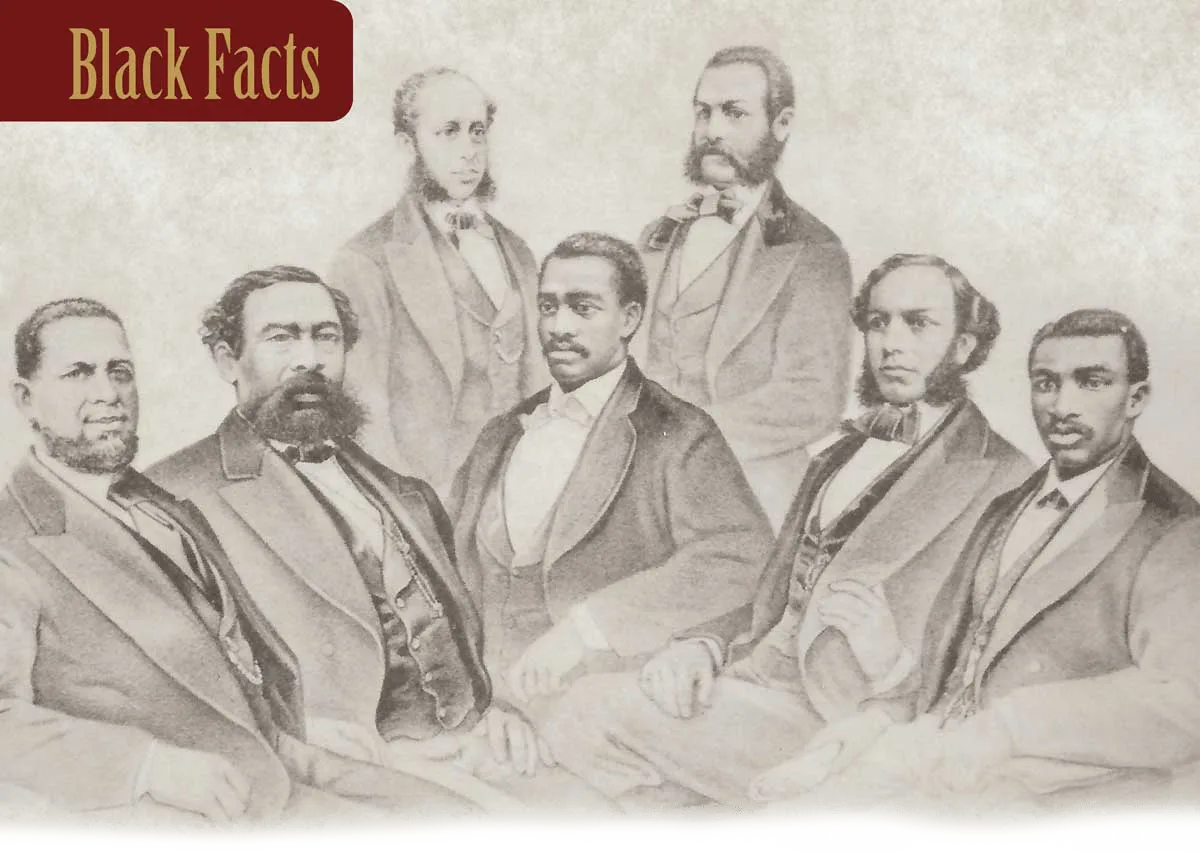
Black Congressman During the Reconstruction Era
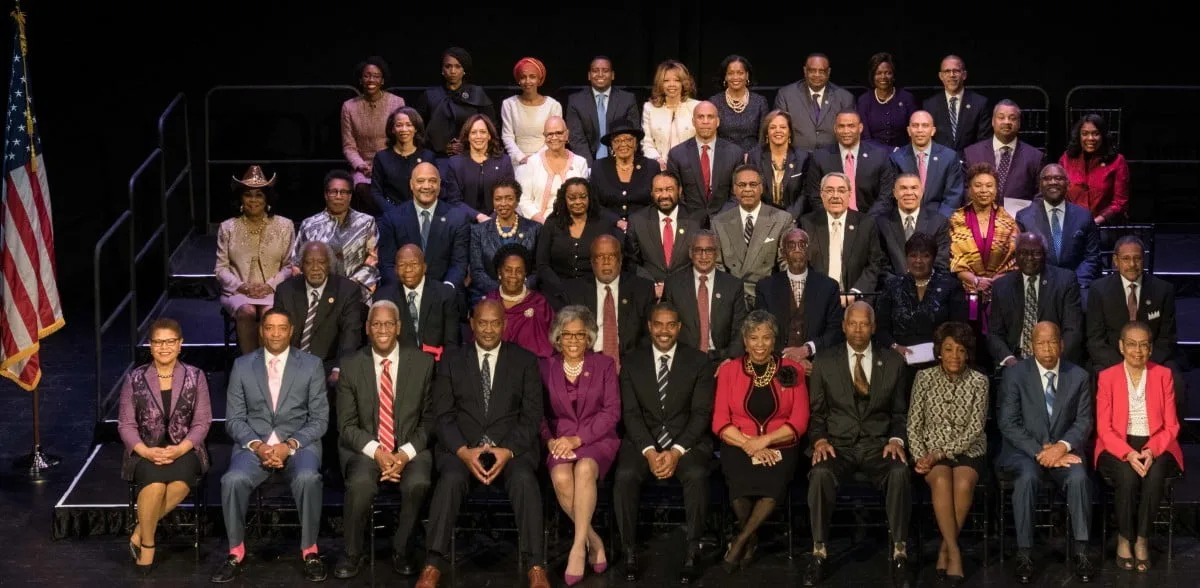
Congressional Black Caucus
Black Congressman During the Reconstruction Era
(pictured) Between 1870 and 1902, 22 African Americans served in Congress: 2 Senators & 20 Representatives all of which were from the South. Left to Right: Sen. Hiram Revels, Rep. Benjamin Turner, Rep. Robert De Large, Rep. Josiah T. Walker, Rep. Jefferson Long, Rep. Joseph M. Rainy and Rep. R. Brown Elliott.
The Great Migration
The Great Migration was the movement of 6 million African Americans out of southern states to northeast, mid-west and west from 1910-1970.
The Vietnam War
The Vietnam War began in 1955 and did not end until 1975. Of the 58,193 American Soldiers who were killed during that time, 7,264 were African American.
The African Diaspora
The African Diaspora (diaspora meaning any group that has been dispersed outside its traditional homeland voluntarily or involuntarily) are those who can trace their lineage back to Africa. Though the African Diaspora are dispersed throughout the world, the United States is second only to Brazil when comparing the number of African Diaspora within any one country.
People Power
More than a decade into the 21st century there is still work to be done. Black America is still confronted with issues today such as discrimination, policies of exclusion, and disparity in income and access to healthcare and education. As long as there are ” so few with so much” vs ” so many with so little” there is a need for us to support one another and for OUR voice to be heard.
